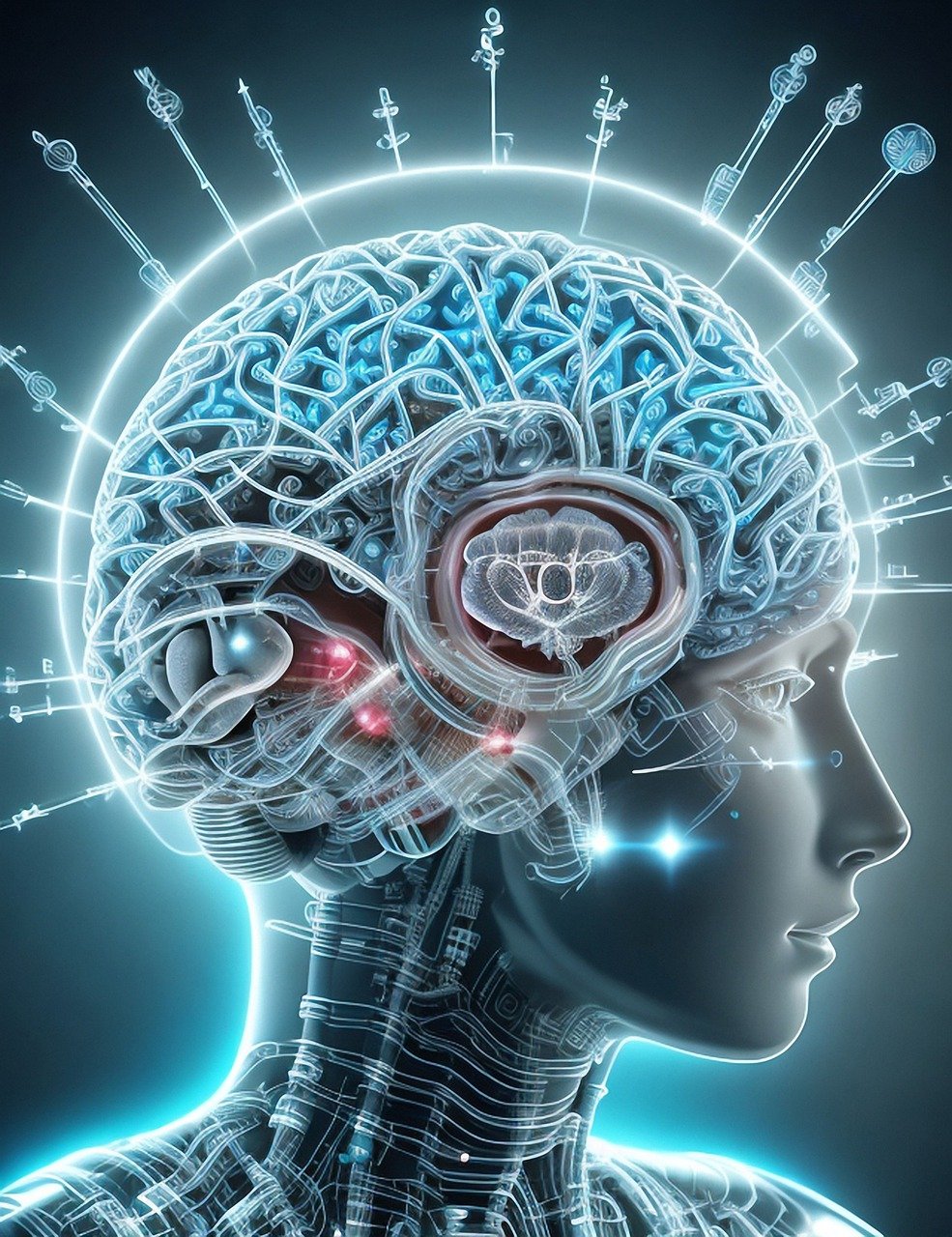Artificial Intelligence: Exploring Its Role in Shaping the Future of Technology
Artificial Intelligence (AI) has emerged as one of the most transformative forces in the modern world, altering the way we live, work, and interact with technology. From voice assistants like Siri and Alexa to self-driving cars, AI is increasingly embedded in our everyday lives. While it has already shown immense promise in many fields, its full potential is yet to be realized. In this essay, we will explore what AI is, how it works, its applications, challenges, and the ethical concerns surrounding its development.

What is Artificial Intelligence?
At its core, Artificial Intelligence refers to the simulation of human intelligence in machines that are programmed to think and learn like humans. Unlike traditional computing systems that follow pre-defined instructions, AI systems can adapt, improve, and make decisions based on data. AI encompasses a range of technologies, including machine learning (ML), natural language processing (NLP), robotics, and computer vision. These technologies enable machines to recognize patterns, process language, understand images, and make decisions autonomously.
How Does AI Work?
AI works by using algorithms—sets of rules or instructions—designed to analyze and process large volumes of data. The more data the AI system has, the better it becomes at recognizing patterns and making predictions. Machine learning, a subset of AI, allows systems to "learn" from data without being explicitly programmed. For instance, when an AI system is trained to recognize images of cats, it uses data of labeled images (cat and non-cat) to improve its ability to distinguish a cat from other objects. Over time, the system’s accuracy improves as it processes more data.
Deep learning, a more advanced technique within machine learning, uses neural networks to simulate the way the human brain works. This allows AI to handle more complex tasks, such as speech recognition, language translation, and even playing video games like humans do.
Applications of AI
AI has found applications in numerous fields, with some industries benefiting more than others. Below are a few of the key areas where AI is making a significant impact: Healthcare: AI has the potential to revolutionize healthcare by improving diagnostics, personalizing treatments, and reducing costs. AI-powered tools can analyze medical images to detect conditions like cancer, heart disease, and neurological disorders. Additionally, AI algorithms help predict patient outcomes and suggest treatment plans based on vast datasets of medical research. Model Interpretability: Many machine learning Finance: In finance, AI is used for algorithmic trading, fraud detection, and customer service. AI systems analyze market trends and historical data to predict stock movements, often executing trades faster than human traders. AI chatbots also assist customers by answering queries, processing transactions, and providing financial advice. Transportation: Self-driving cars, trucks, and drones are some of the most talked-about applications of AI in transportation. Autonomous vehicles use AI systems to interpret data from sensors, cameras, and radars to navigate roads safely. This technology has the potential to reduce accidents, increase traffic efficiency, and revolutionize logistics. Retail and E-Commerce: AI is also transforming the retail industry by offering personalized shopping experiences. Online retailers like Amazon use AI algorithms to recommend products based on a customer's browsing history and preferences. AI-powered chatbots assist in customer service, while predictive analytics helps businesses forecast demand and optimize inventory. Entertainment and Media: In entertainment, AI is used in content recommendations on platforms like Netflix, Spotify, and YouTube. By analyzing user preferences, AI can suggest movies, music, and videos that align with the user's tastes. In the gaming industry, AI enhances player experiences by creating more adaptive and intelligent non-player characters (NPCs).
Conclusion
Artificial Intelligence is transforming the world in ways that were once unimaginable. From revolutionizing healthcare and finance to creating new experiences in entertainment and retail, AI holds immense promise. However, with its vast potential comes the responsibility to address challenges such as data privacy, bias, job displacement, and security risks. As we move into an increasingly AI-driven future, it is crucial to ensure that this technology is developed and implemented responsibly, with consideration for its social, ethical, and economic implications. By doing so, we can harness the full potential of AI while mitigating its risks and ensuring that it benefits all of humanity.